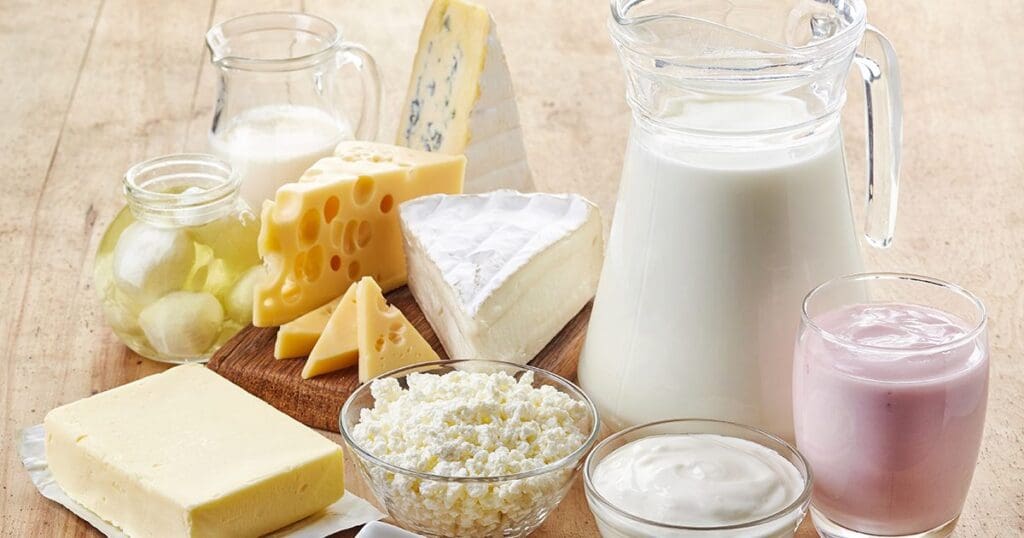Osteoporosis is Topic for March 2 Library Talk
Date Posted: February 17, 2017

“I’m melting, I’m melting,” says the Wicked Witch of the West when Dorothy throws water on her in the film “Wizard of Oz”. I know I feel the same way when my height is measured. Part of this is because of posture and when the vertebrae (spinal bones) are collapsing. But what about Osteoporosis? Osteoporosis is a disease that makes bones weak. On Thursday March 2 at 7 pm CI Health and the Friends of the Library continue their healthcare lecture series and I will be discussing Osteoporosis and Bone Health. Here’s some important things that everyone should know.
From age 8-18 years, bone size and bone mass increase rapidly. During this time about one-half of total body calcium is laid down in females and two-thirds in men. Children 1-3 years of age should have 700 mg of calcium daily (in the form of fat-free skim or low fat cow’s milk, calcium vitamin D fortified soy milk or fortified milk products like yogurt and cheese). Children 4-8 years old should have 1000 mg of calcium daily. For adolescents 9-18 the recommended intake goes up to 1300 mg. One cup of milk (skim or whole) contains about 300 mg of calcium, yogurt has 250 mg per cup, tofu with calcium has 435 mg and dark leafy green vegetables have 50-135 mg of calcium. People also need foods with lots of Vitamin D (like eggs and fish). Sweetened beverages are associated with obesity and should not take the place of milk or soy milk. Other ways to have healthy bones is to take calcium and Vitamin D (although there is some controversy about calcium supplements as they relate to cardiovascular disease). Everyone should be active, doing some form of exercise for 30 minutes per day. Patients should avoid smoking and limit the amount of alcohol to 1-2 drinks per day at the most.
Breaking a bone can be serious especially if the bone is the hip. Older people who break a hip sometimes lose the ability to walk on their own or end up in a nursing home. To avoid falls, make sure all rugs have no-slip backing to keep them in place. Light all walkways well. Wear sturdy, comfortable shoes with rubber soles. Have vision checked frequently. Women 65 and older, men 70 and older, younger postmenopausal women, men 50-65 at risk for fractures and any adult who has had a fracture after age 50 would benefit from bone density testing. Adults with rheumatoid arthritis or those taking prednisone for more than 3 months should also be tested as they may have low bone mass or bone loss.
I recommend having a DXA Scan (dual energy x-ray absorptiometry) to diagnose osteoporosis. Calculations of risk factors will show the probability of a hip or other major fractures and proper treatment can be advised. There are changes in diet, activity level and medications that will help.
We are all getting older. Senior citizens are active and enjoying life longer with regular checkups and healthy choices. How do you know if you have osteoporosis? See your physician, ask questions and take charge of your bone health.
I will discuss preventative tips for osteoporosis and bone health on Thursday March 2 at 7 pm at the Avalon Library. I would also like to listen to your concerns about these and other issues.
To make an appointment at CI Health’s Medical Group Office, please call (310) 510-0096. We are committed to provide quality healthcare for each individual and to improve the overall health of our community.
Dr. Laura Ulibarri
Dr. Laura Ulibarri has been a primary care physician at Catalina Island Health since 2007. She will give a free seminar about Osteoporosis and bone health at Avalon Library on Thursday March 2 at 7 pm.

